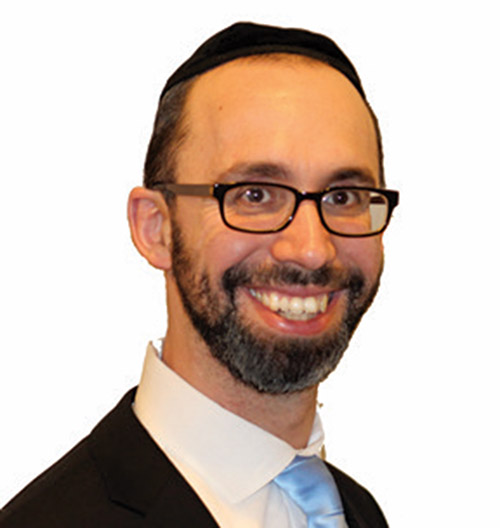
Parshat Vayakhel-Pekudei
From the president on down, Americans are very attached to their money. They don’t part with it so willingly. They feel this even more acutely when they must give an accounting and pay taxes, as they do on April 15. But not so in our parsha of Pekudei, when we give an exact accounting of all the precious stones and metals donated to the Mishkan. The amount of gold and silver willingly donated was spectacular!
In truth, the sheer volume of gold and silver donated for either of the first or second Beit Hamikdash was far more. The total in Mishkan donations was 30 talents of gold, while the total for the first Beit Hamikdash alone was 666 talents (Melachim 1). Yet, the Sforno points out that the presence of Hashem was much more pronounced in the Mishkan than in either Beit Hamikdash. It’s even more striking to note that the Mishkan was never actually destroyed—just hidden away. (Tana D’bai Eliyahu Rabbah 25)
Given the phenomenal generosity of klal Yisrael with regard to the Batei Mikdash, wouldn’t it be logical that Hashem would rest His presence more there? I think two remarkable stories about Rabbi Shlomo Freifeld, founder and rosh yeshiva of Yeshiva Shor Yoshuv in Far Rockaway, will help clarify the Sforno’s answer to our question.
Shor Yoshuv was a place where many young adults came to learn. Rav Freifeld was able to ignite their flame and enthusiasm. People came from all walks of life, especially in the ‘60s and ‘70s. It was during this era that the yeshiva was hosting a sheva brachot for a baalat teshuva who had invited her close friends and colleagues from her past. Some of them were famous, non-observant Jews in the music industry, such as Bob Dylan and poet Allen Ginsberg.
Dylan was totally taken with the heartfelt lively singing in the yeshiva and the moving words of Rav Freifeld. He decided to stay for a few extra days, and frequented the house of the rosh yeshiva many times for long discussions about Hashem and Torah. After a few days, he told Rav Freifeld that he decided to buy a house in Long Beach to be close by, and asked permission to officially attend the yeshiva. (Yes, this is the same Bob Dylan who recently won a Nobel Prize but didn’t bother claiming it.)
Rav Freifeld gently said, “I’m very happy you would like to attend the yeshiva, but to be a student, you need to move into the dorm for three months. Then you can stay in your own home nearby.” Dylan said he would think it over, and in the end, turned him down. Many people approached Rav Freifeld afterward, asking him why he imposed such a challenging condition to attend the yeshiva. The rav said that people go through various phases and fads in life; they come and they go. “I know that the only chance to have a lasting effect on this person is if he has a true desire. He has to have commitment. Without that real desire, the yeshiva experience would just be another item on his list of experiences in life,” said the rav.
Our second story concerns a young man who came to interview with Rav Freifeld. The rav asked him, “Do you want to learn Torah?” He responded, “No!” But the young man continued, “I want to want to learn.” He got accepted.
We learn from these stories that our success is based on a sincere desire. The Sforno says this is the reason why the Mishkan stood for a longer period of time than each Beit Hamikdash. The money and the grandeur were not the determining factor for the resting place of Hashem’s presence. Rather, what really mattered were the inner desire and actions of those who fear Him. The yearning for the presence of Hashem during the construction of the Mishkan was greater than for the Batei Mikdash. This, says the Tana D’bai Eliyahu, explains why the Mishkan was hidden away and never destroyed.
Our shuls and yeshivot, even our homes, are mini Batei Mikdash (Megilla 29). The determining factor for how much they serve as a resting place for the presence of Hashem is based on our true inner desire to be close to Him. And if we don’t have the required desire yet… at least we need to be like the young man who told Rav Friefeld “I want to want it.”
By Rabbi Baruch Bodenheim
Rabbi Baruch Bodenheim is the associate rosh yeshiva of Passaic Torah Institute-Yeshiva Ner Boruch. PTI is a yeshiva designed to provide in-depth learning for working men (and their wives!). PTI’s unique approach and dynamic shiurim attract people from all over northern New Jersey, including Teaneck, Paramus, Fair Lawn and West Orange. He has spread out to begin a weekly beit midrash program with in-depth chavruta learning in both Livingston and Springfield, New Jersey.










